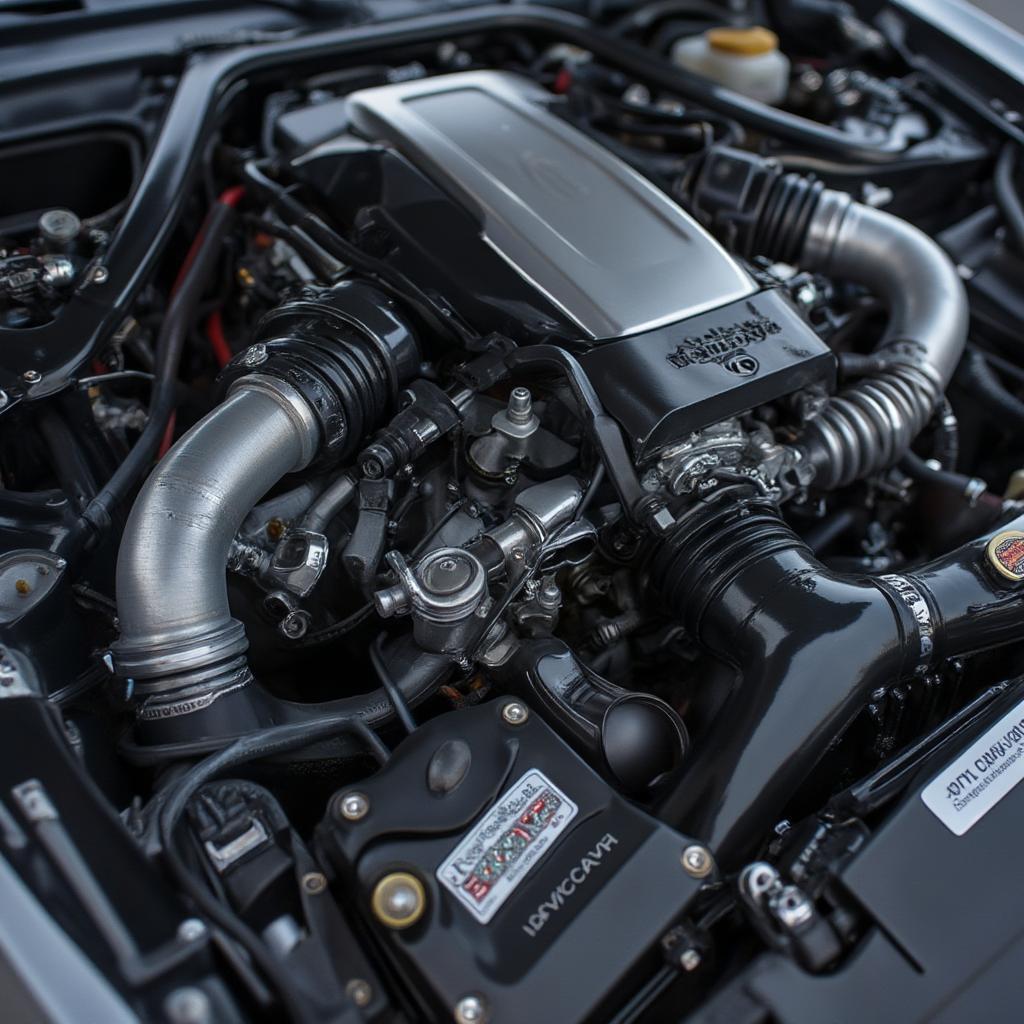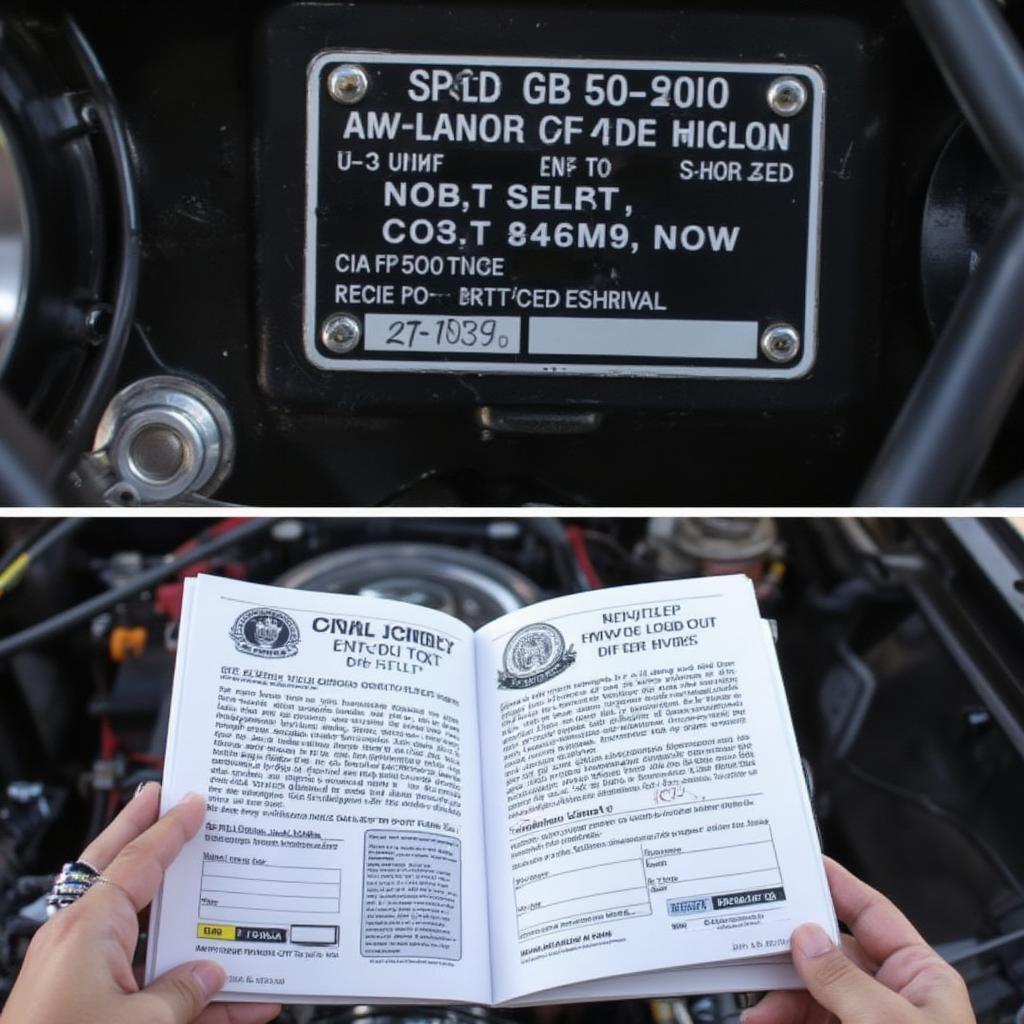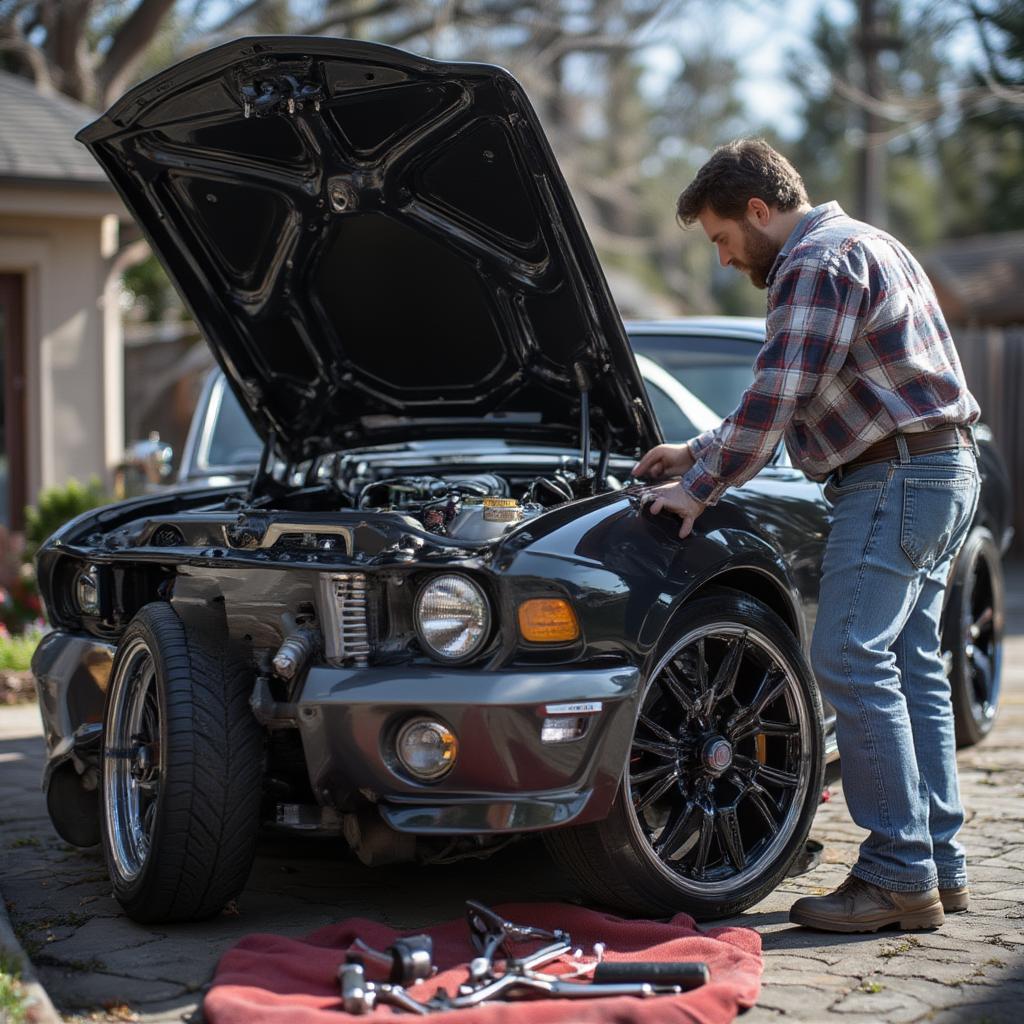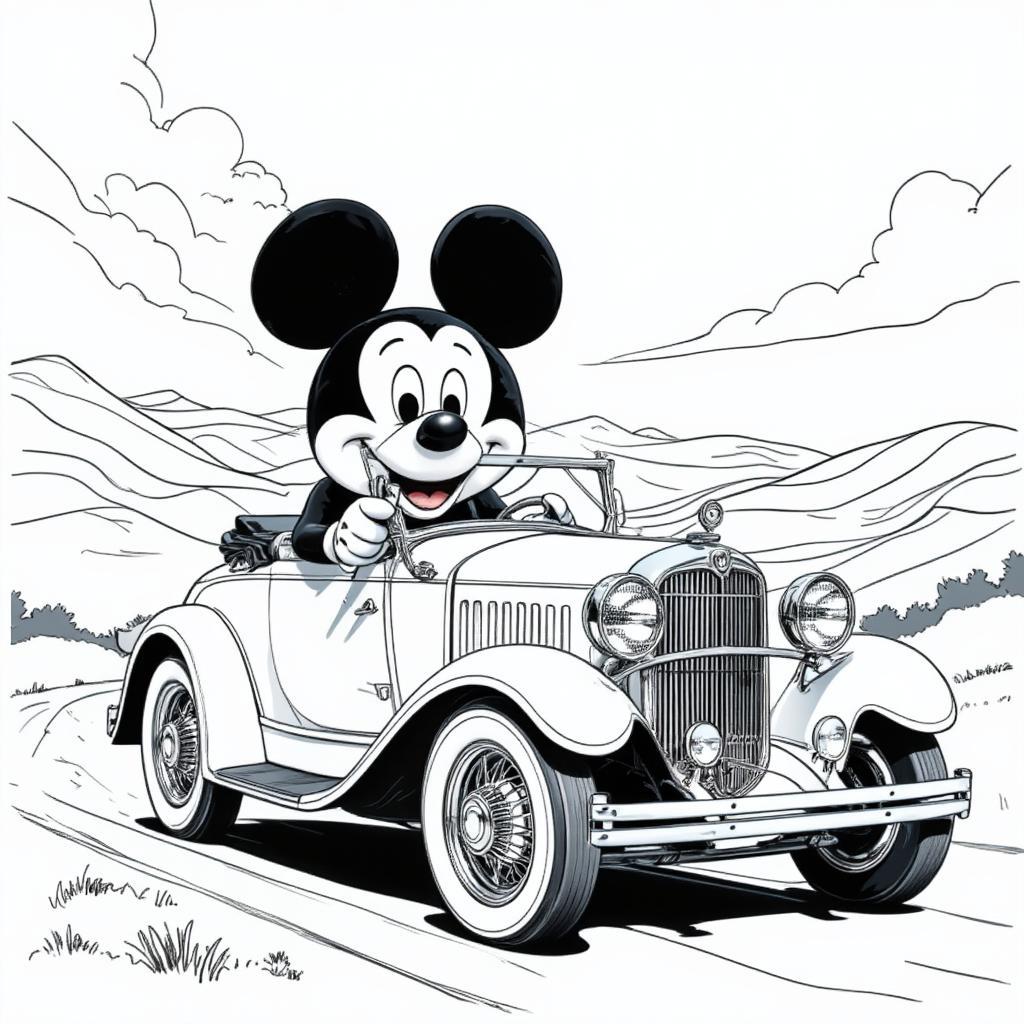Antique Cars and Trucks for Sale: A Guide to Finding Your Dream Classic

Owning a piece of automotive history is a dream for many. Finding Antique Cars And Trucks For Sale can be an exciting, yet complex, journey. This guide will help navigate the world of classic car buying, providing valuable insights and resources to help you find the perfect vintage vehicle. From understanding market trends to negotiating a fair price, we’ll cover everything you need to know to bring your dream classic home.
Understanding the Antique Car and Truck Market
The market for antique cars and trucks is dynamic, influenced by factors like rarity, condition, and historical significance. Before diving into your search, familiarize yourself with the current market trends. Researching different makes, models, and eras will help you determine a realistic budget and narrow down your choices. Are you drawn to the sleek lines of a 1930s Ford or the rugged power of a vintage Chevy truck? Understanding the market will empower you to make informed decisions and avoid overpaying.
Factors Affecting Value
Several key factors influence the value of antique cars and trucks for sale. Originality, provenance, and restoration quality are crucial considerations. A vehicle with a well-documented history and meticulous restoration will command a higher price. Conversely, a car with modifications or a patchy history might be more affordable. Be prepared to evaluate these factors carefully during your search.

Where to Find Antique Cars and Trucks for Sale
From online marketplaces to specialized dealers, numerous avenues exist for finding antique cars and trucks. Online platforms like Hemmings, ClassicCars.com, and Bring a Trailer offer a vast selection. Local car shows, auctions, and classic car clubs can also be valuable resources. Networking with enthusiasts and collectors can often lead to unique finds. Don’t overlook local classified ads and word-of-mouth referrals, which can sometimes uncover hidden gems.
Online Marketplaces: A Vast Selection at Your Fingertips
The internet has revolutionized the classic car market, providing access to a global inventory. However, be cautious of scams and misrepresentations. Verify seller information, request detailed photographs, and consider a pre-purchase inspection by a qualified mechanic.
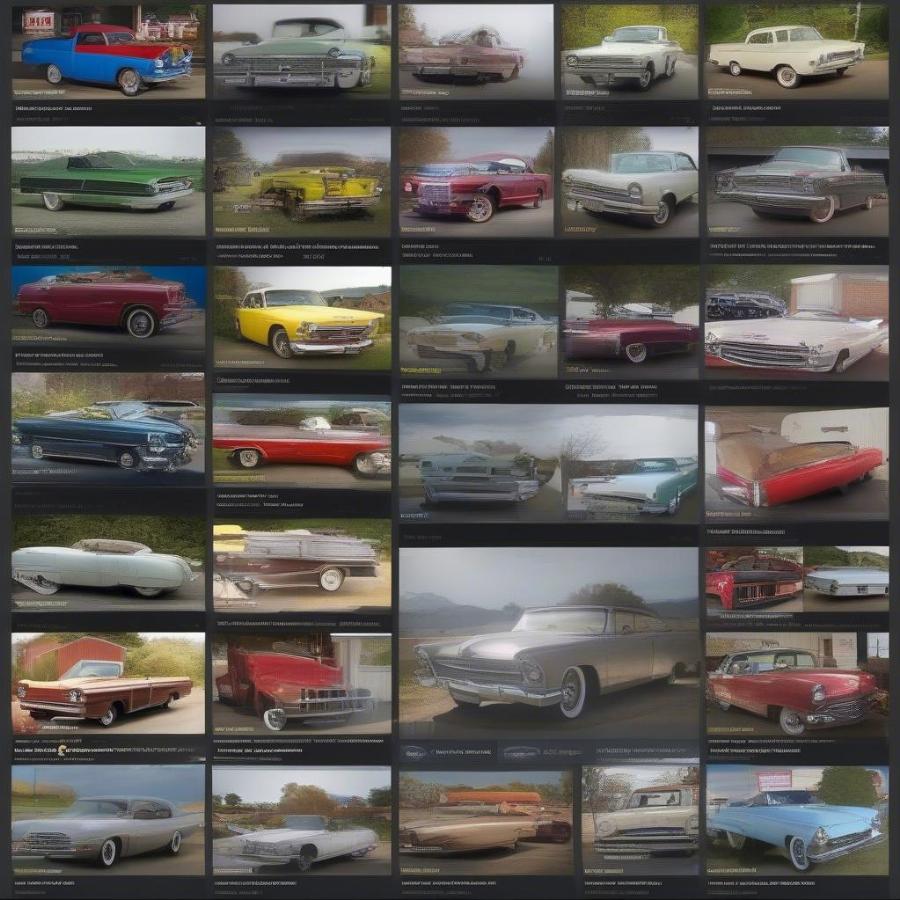
Inspecting and Evaluating an Antique Vehicle
Before committing to a purchase, a thorough inspection is essential. Examine the vehicle’s bodywork, engine, chassis, and interior for signs of rust, damage, or poor repairs. Check the vehicle’s documentation, including the title and any available service records. If possible, take the vehicle for a test drive to assess its mechanical condition. A pre-purchase inspection by a specialist familiar with the specific make and model is highly recommended. This expert evaluation can identify potential issues and provide valuable insights into the vehicle’s true condition.
Key Areas to Inspect
Focus your inspection on critical areas like the frame, suspension, brakes, and electrical system. Look for signs of wear and tear, previous repairs, and potential problems. Don’t hesitate to ask questions and seek clarification from the seller.
“When inspecting an antique vehicle, pay close attention to the details,” advises Henry Fordsworth, renowned classic car appraiser. “A seemingly minor issue can sometimes indicate a larger underlying problem.”
Negotiating the Price and Closing the Deal
Once you’ve found a vehicle that meets your criteria, it’s time to negotiate the price. Research comparable sales to determine a fair market value. Be prepared to walk away if the seller is unwilling to negotiate reasonably. When you reach an agreement, ensure all terms are documented in a written contract. Finalize the purchase with secure payment methods and obtain all necessary documentation, including the title and bill of sale.
Securing a Fair Price
Negotiating the price requires patience and research. “Don’t be afraid to walk away from a deal if it doesn’t feel right,” recommends Eleanor Carstairs, a seasoned classic car collector. “There are always other antique cars and trucks for sale waiting to be discovered.”
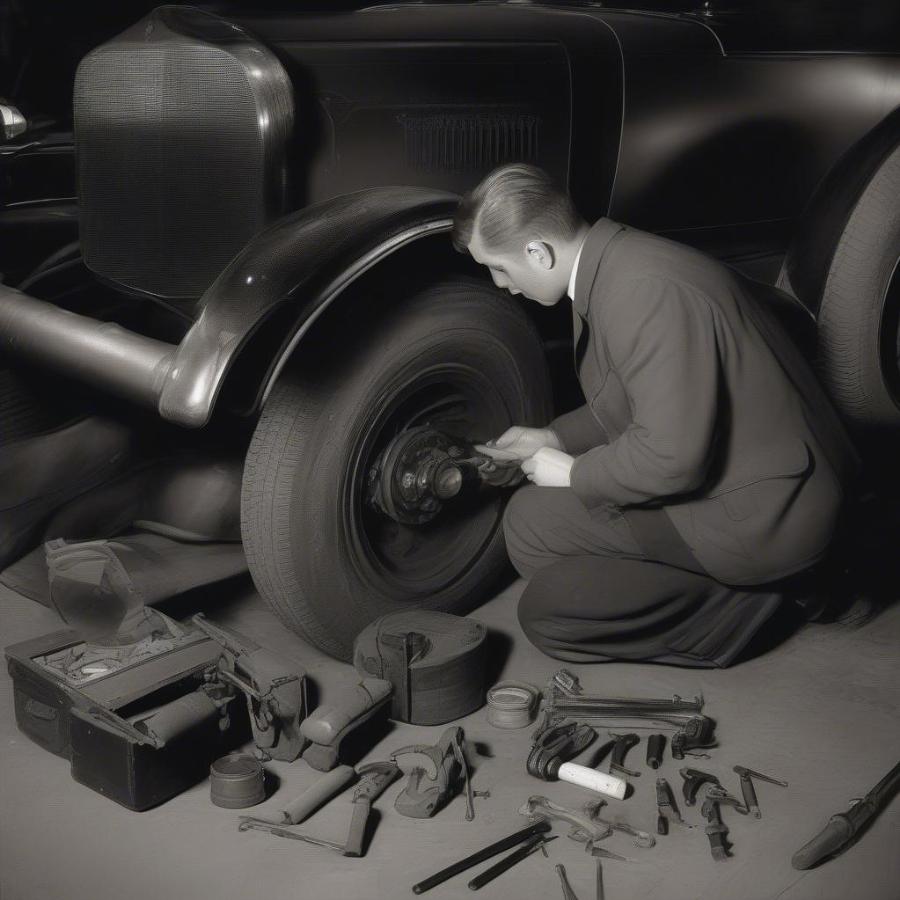
Owning and Maintaining Your Antique Car or Truck
Owning an antique vehicle is a rewarding experience, but it also comes with responsibilities. Proper maintenance and storage are crucial to preserving your classic’s value and ensuring its longevity. Establish a relationship with a reputable mechanic specializing in vintage vehicles. Regular servicing, proper storage, and careful driving will help keep your antique car or truck in top condition for years to come.
Conclusion
Finding and purchasing antique cars and trucks for sale is a journey that requires careful planning, research, and patience. By understanding the market, conducting thorough inspections, and negotiating wisely, you can find the classic car of your dreams. Remember, owning a vintage vehicle is more than just a purchase; it’s an investment in automotive history and a connection to a bygone era. Start your search today, and soon you’ll be cruising in style behind the wheel of your own piece of automotive history.
“The thrill of driving a classic car is unlike anything else,” says Amelia Geargrind, classic car enthusiast and mechanic. “It’s a connection to the past, a statement of individuality, and a pure joy to experience.”
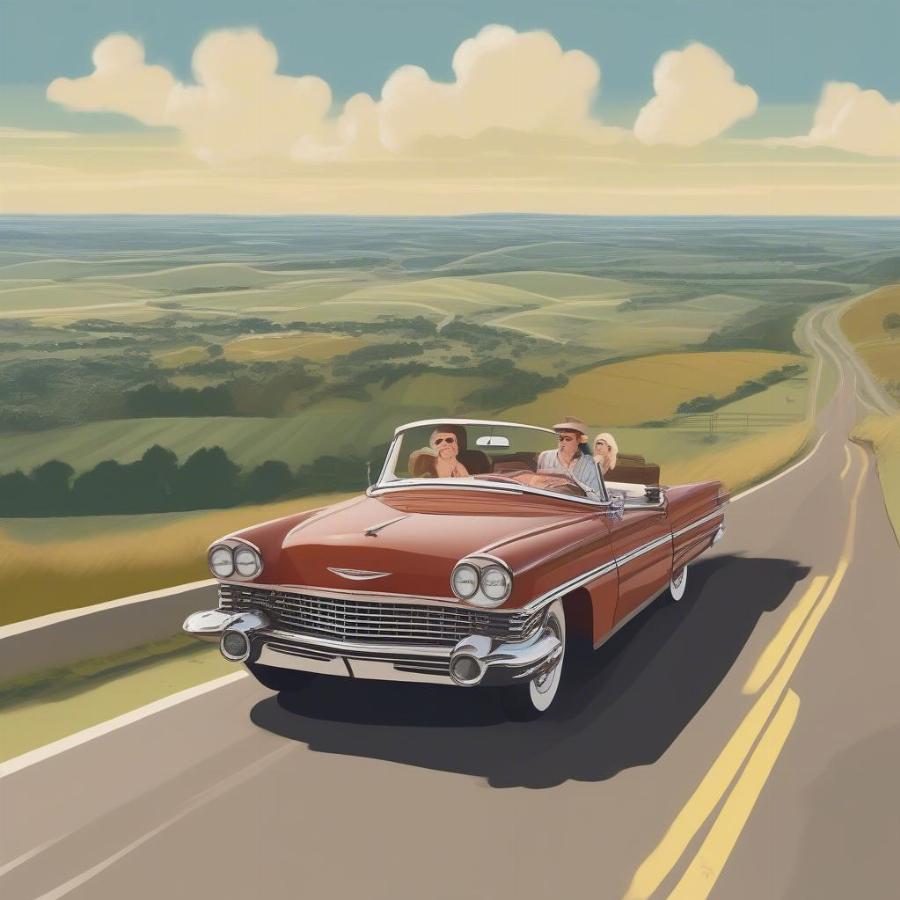
FAQ
-
What is considered an antique car? Generally, a vehicle 25 years or older is considered an antique.
-
Where can I find financing for an antique car? Specialized lenders and classic car insurance companies often offer financing options.
-
Do I need special insurance for an antique car? Yes, classic car insurance policies cater to the unique needs of vintage vehicles.
-
How do I determine the fair market value of an antique car? Research comparable sales, consult price guides, and consider professional appraisals.
-
What are some common maintenance issues with antique cars? Rust, electrical problems, and wear and tear on mechanical components are common concerns.
-
Where should I store my antique car? A climate-controlled garage or storage facility is ideal for protecting your classic.
-
Can I drive my antique car regularly? While possible, limiting mileage and avoiding harsh weather conditions can help preserve your vehicle.

